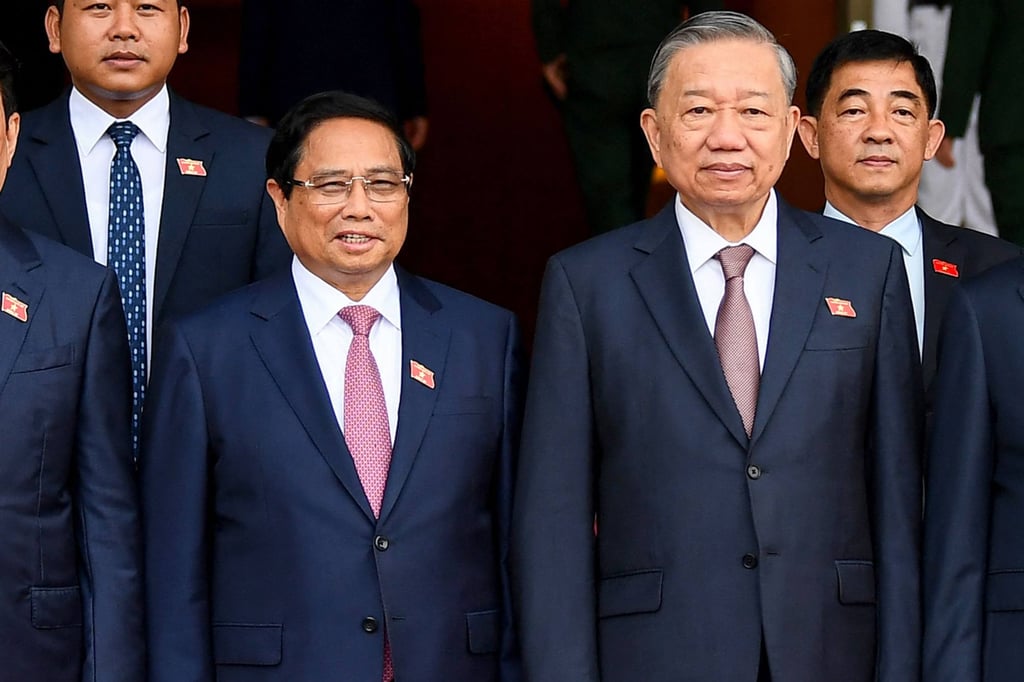As Brics evolves into a growing counterweight to Western influence, Vietnam has positioned itself as a partner rather than a full member – a strategic choice that observers say reflects its desire to occupy a “sweet spot” in its dealings with global powers.
At last week’s Brics summit in Kazan, Vietnamese Prime Minister Pham Minh Chinh expressed Hanoi’s readiness to collaborate with the bloc, whose most influential members are Russia and China.
But conspicuously absent from Chinh’s remarks was a commitment to full membership – a move that would likely have drawn Vietnam closer to Beijing and Moscow at the potential cost of its relationship with Washington.
Instead, Vietnam joined a list of nations classified as “partner countries”, a designation that signals a middle ground in the geopolitical landscape.
“Chinh affirms that Vietnam stands ready to work with Brics countries and the international community to realise the idea of working together to build a better world for all,” Vietnam’s government said in a statement posted online on Friday.

A Vietnamese official had hinted at the country’s interest in joining Brics days before the summit, but noted in remarks to Reuters that the timing and scope of such an application remained uncertain.








